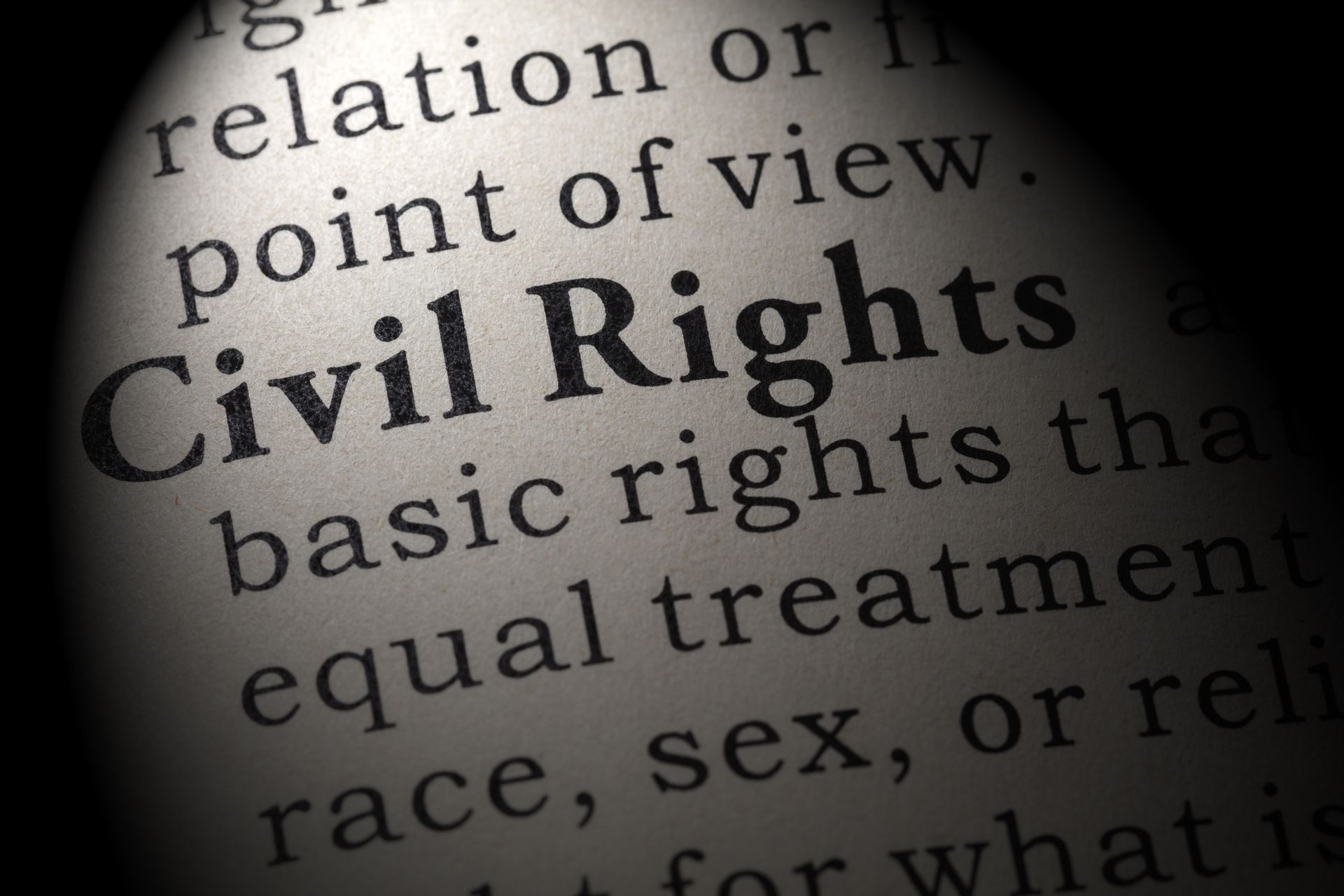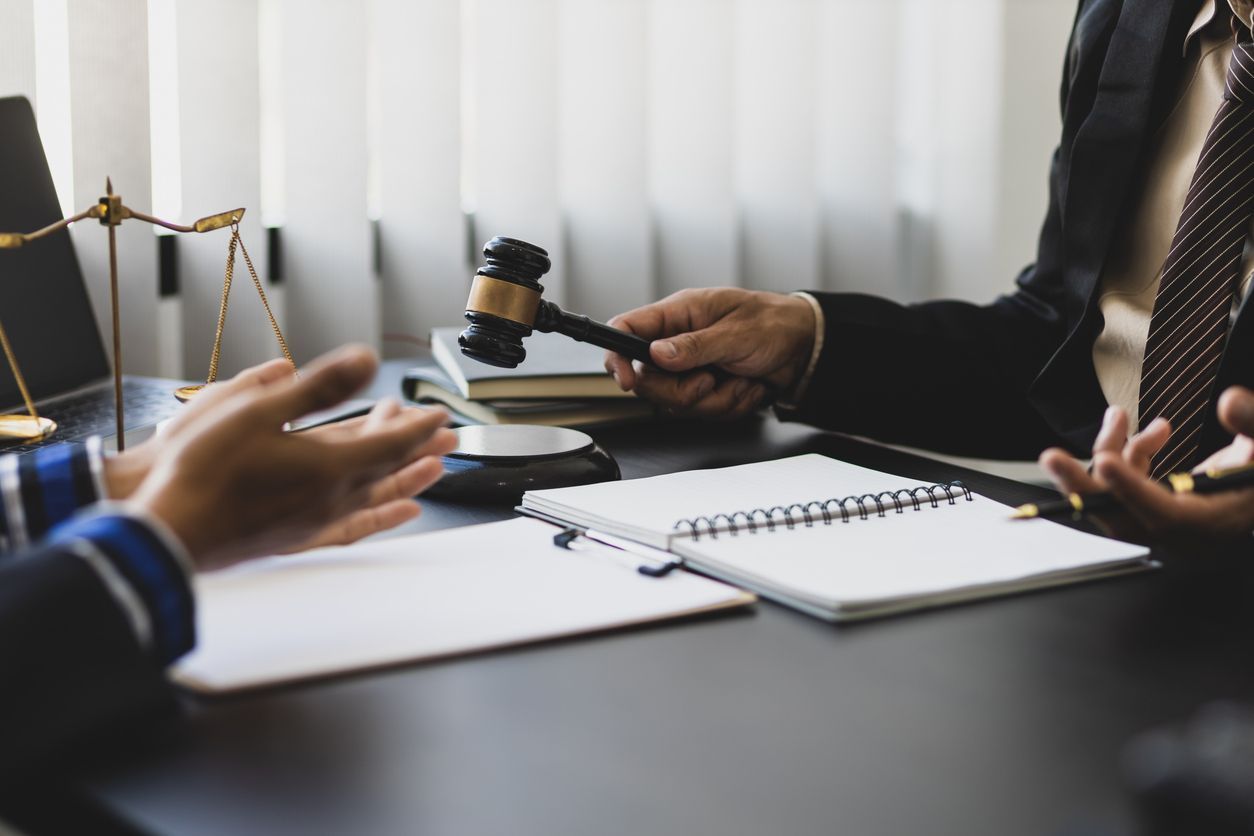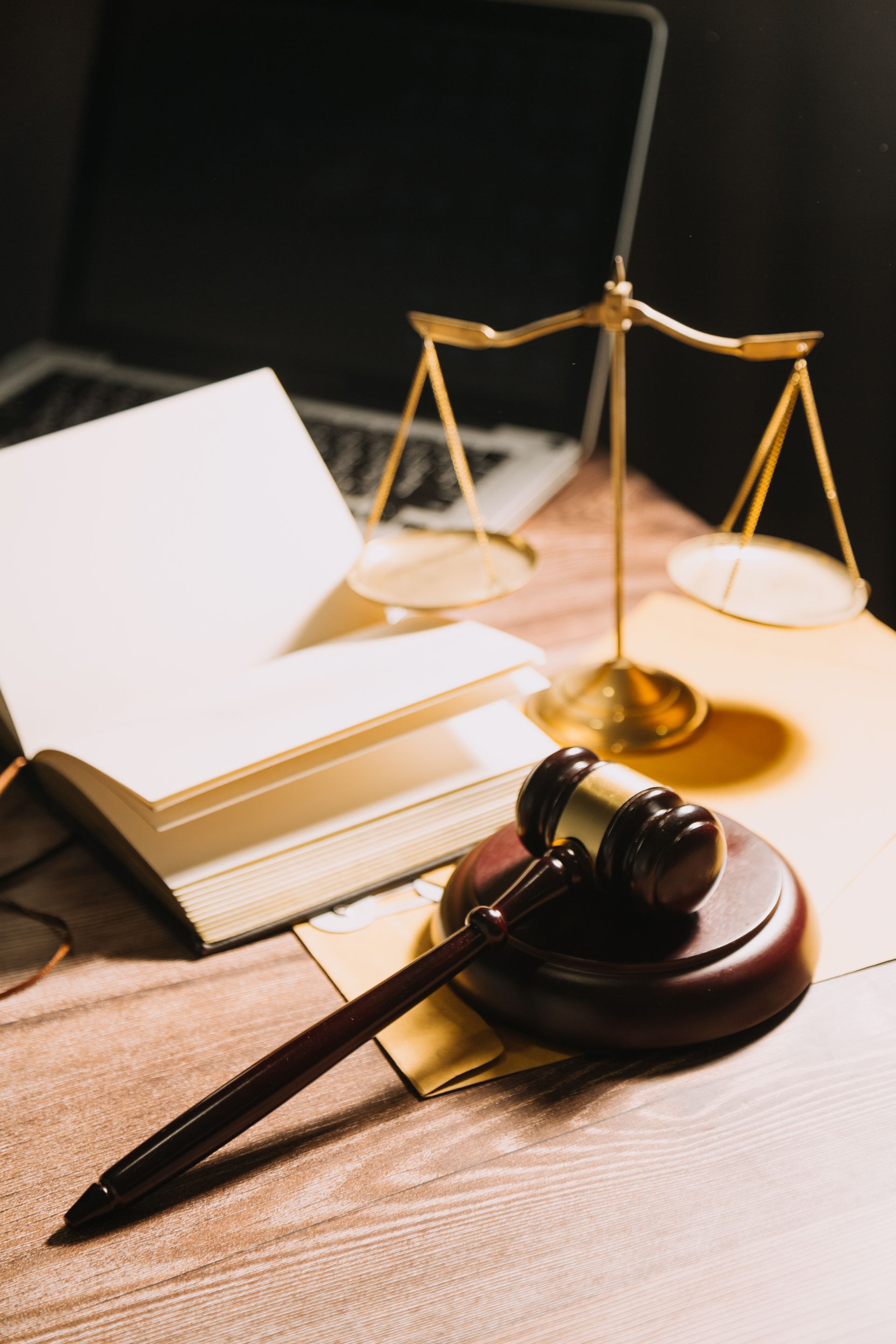Contact Us
Phone: 404-341-0748
Location
235 Peachtree Street NE
Suite 400
Atlanta, GA 30303
Hours
- Mon - Fri
- -
- Saturday
- -
- Sunday
- Closed
All You Should Know About Confidential Settlements
Settlements are not at all uncommon, but they’re certainly not all the same either. A plaintiffs’ personal injury lawyer in metro-Atlanta should always look after your rights and focus on protecting your interests when negotiating a settlement. While confidential settlements are relatively common, they’re not automatically good or bad. The details always matter.
Settlement
A settlement is simply a resolution between two parties that are experiencing some sort of dispute. The vast majority of settlements are fairly straightforward. While the specifics vary quite a bit from case to case, the resolution is typically the most important component.
Often, a settlement involves a lump sum of money, although a structured settlement is paid out over an agreed upon period of time. In some instances, property is granted as well. Other obligations may be included, such as a public apology or other action. The details of a settlement are not automatically granted confidentiality. This is what sets a confidential settlement apart.
Confidential
Confidentiality is common in the business world as well as in the field of law. You’re probably already familiar with attorney-client privilege. It’s designed to protect your rights and your personal information. Today, privacy and personal protection are perhaps more important than ever before, since so many details seem to make their way online. Having a safe harbor where you feel protected is invaluable, and your attorney should take that duty quite seriously.
However, a confidential settlement is quite a bit different. Many advocates for public safety criticize confidential settlements, which are sometimes referred to as “secret” settlements. With a confidential settlement, all or part of the details of the settlement cannot be disclosed. While this may not necessarily allow a wrongdoer to hide facts regarding public hazards, the public at large can never be certain of this. Understandably, this makes some people very critical of the practice of confidential settlements. The fear is that wrongdoers are being insulated against repercussions, and the public could suffer as a result.
A confidential settlement could be used to hide information or to prevent the release of specific details that may be damaging to one or both parties. While this might allow a company or individual to save face and avoid public backlash or shame, it could in some instances allow hazards to remain in place without remedy and without a wider awareness being created. This would obviously serve to impede the process of correcting such issues or abating any related concerns.
Good or Bad
It should be obvious that whether or not a given confidential settlement is good or bad depends upon a number of variables. Without being involved in the settlement and being aware of the specifics, it’s impossible to know for certain from the outside if there are any potential public hazards. This uncertainty is also what makes many people skeptical of confidential settlements.
The terms of a confidentiality clause are negotiable. This is why it’s so important to have an experienced lawyer on your side. The phrasing of the confidentiality clause is incredibly important. It’s possible that both parties desire confidentiality, even if for very different reasons. Discuss the pros and cons of confidentiality with your attorney. It’s not possible to make a blanket statement as to whether or not a confidentiality clause would be to your benefit or not without being familiar with the intricacies of your case.
Having a Plaintiffs’ Personal Injury Attorney in metro-Atlanta on your side is always a good idea. If you’d like to learn more about confidentiality and legal settlements, call Lopes-InjuryLaw at (404) 589-9000 and request a free case evaluation.






Schedule a Case Evaluation
Contact us now!
Homepage FCE Form
We will get back to you as soon as possible.
Please try again later.
By submitting this form, you agree to be contacted by our law firm, either by phone, text or by email.
Hours
- Mon - Fri
- -
- Saturday
- -
- Sunday
- Closed
Disclaimer: The information on this website is for general information purposes only. Nothing on this site should be taken as legal advice for any individual case or situation. This information is not intended to create, and receipt or viewing does not constitute an attorney-client relationship.
All Rights Reserved | The Lopes Law Firm | Powered By Convert It Marketing | Privacy Policy
All Rights Reserved | The Lopes Law Firm | Powered By Convert It Marketing | Privacy Policy




